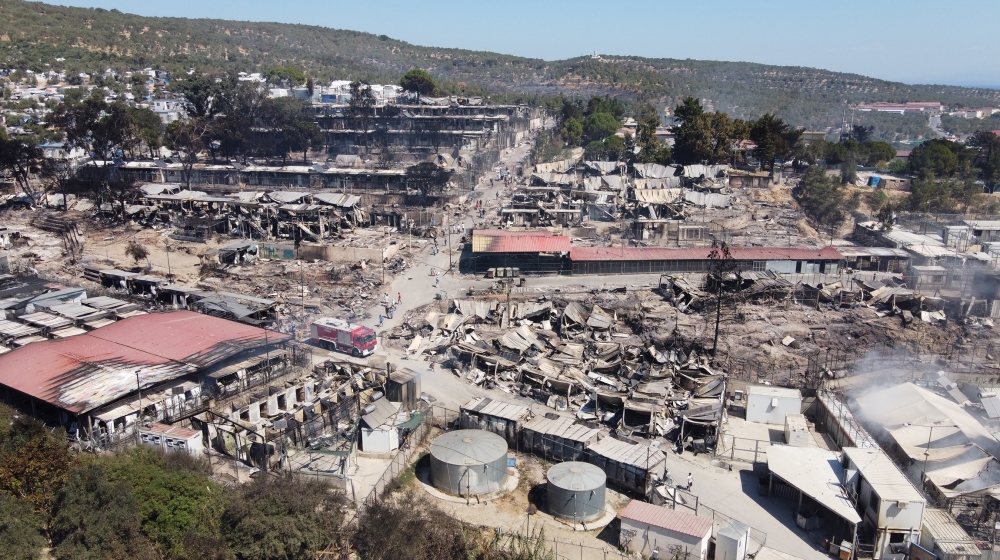France, Germany and Switzerland are only a few of the European countries that have stood beside Greece as they face a humanitarian crisis.
Officials relocated 406 unaccompanied children to mainland Greece after a devastating blaze this week completely destroyed the Moria refugee camp.
German Interior Minister Horst Seehofer on Friday announced that on an initiative from Berlin, 10 European Union countries have agreed to take 400 unaccompanied minors from Lesvos. German Chancellor Angela Merkel added to this, confirming a a plan by France and Germany to take minors from the island, hoping other EU countries will also join.

“I asked the Greek prime minister how we can help and his request was that we take in the minors who were taken to the Greek mainland,” Merkel said.
“We have contacted France. Germany and France will participate in this.”
Stating it is a “European responsibility”, Merkel strongly encouraged all neighbouring countries to offer their support to Greece. Her confirmation came after French President Emmanuel Macron said the two countries were coordinating to find a solution to welcome refugees from the camp.
READ MORE: President Sakellaropoulou: Turkey using ‘refugees as a weapon’ to serve personal agenda
READ MORE: VIDEO FOOTAGE allegedly catches refugees and migrants starting Moria fires
He added that Europe had to stand in solidarity with Greece in face of the “terrible reality that is before us.”
While not yet pledging to take minors from the island, Switzerland have been providing aid to refugees by sending a 1.2-ton shipment of blankets and personal hygiene products. A Swiss expert is also on Friday’s flight, sent to help coordinate the distribution of the aid.


